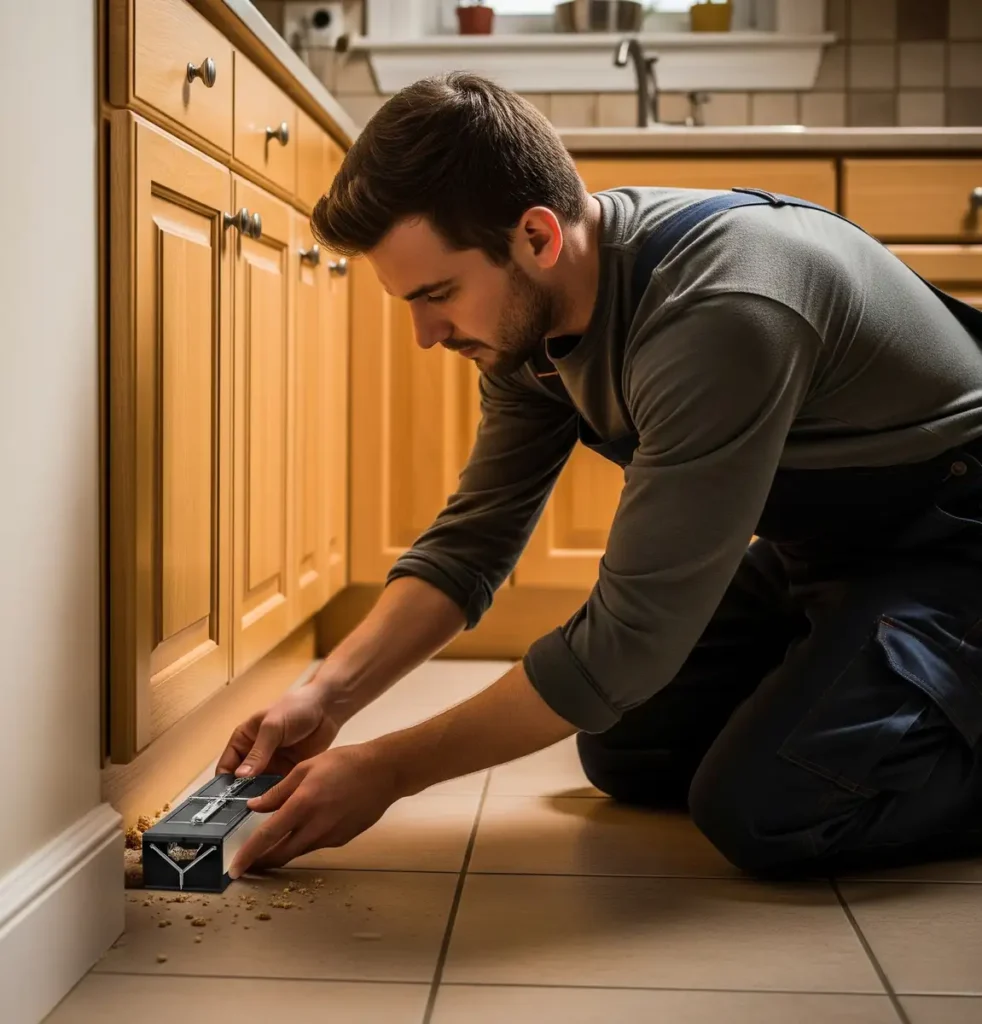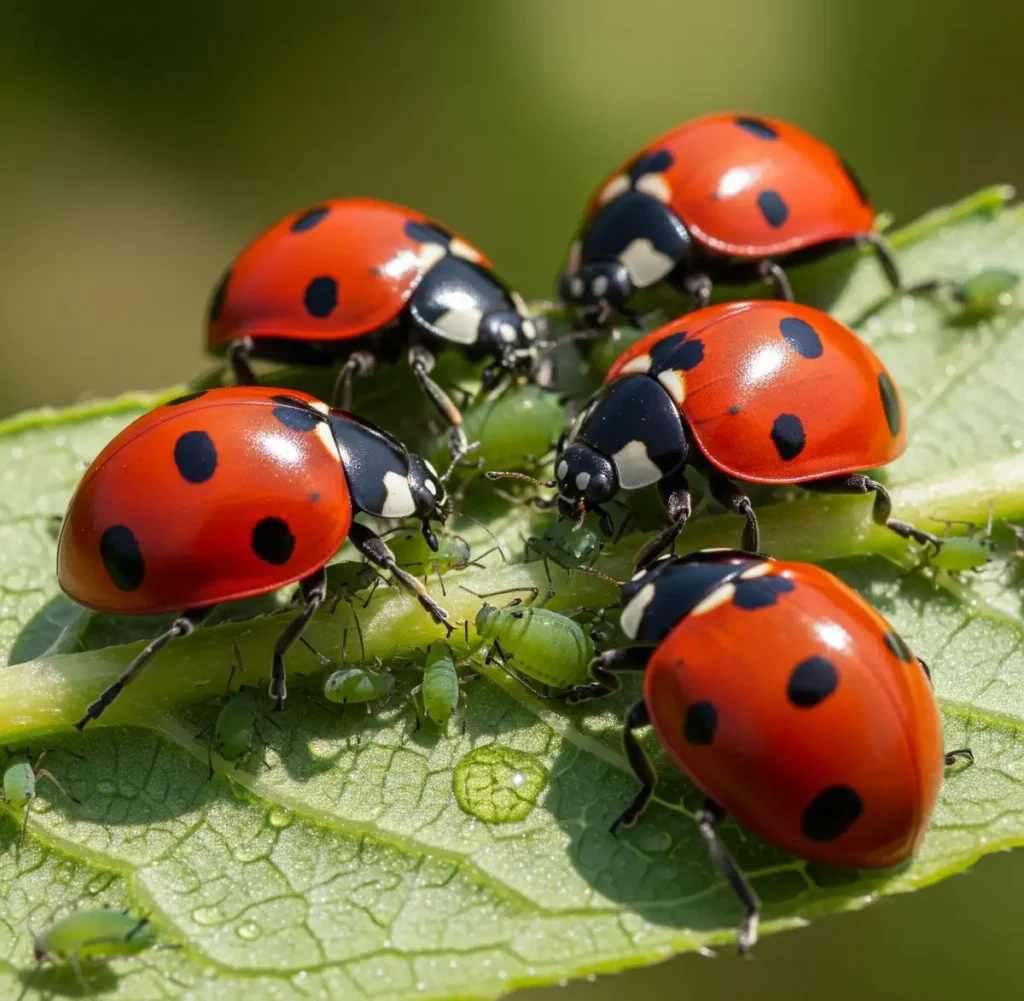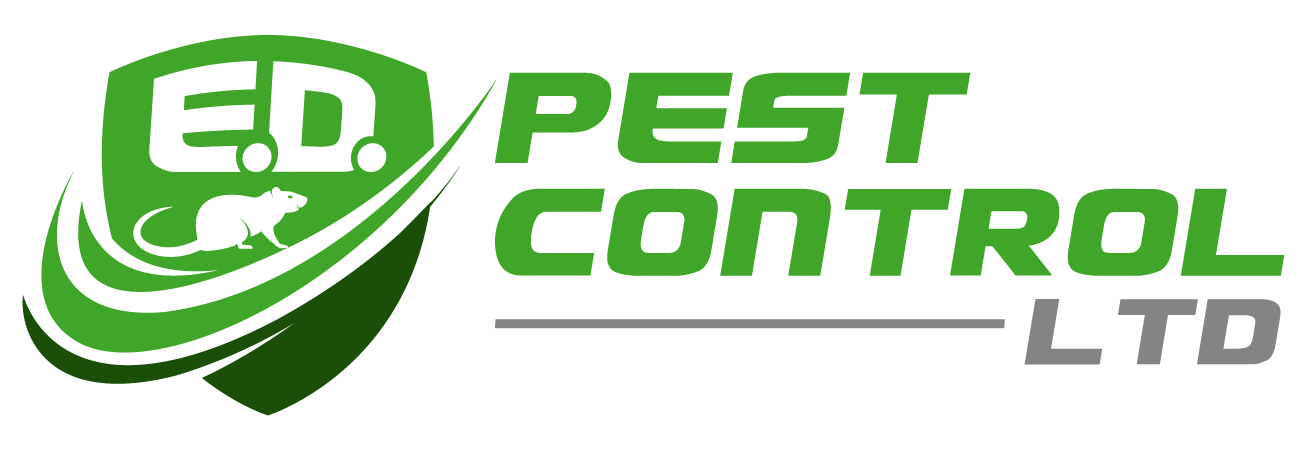Pest control becomes unavoidable when pests invade residential or commercial areas as uninvited guests. The most common types of pests are insects, rodents, fleas, squirrels, and birds. Pests attack food, damage domestic goods, spread diseases, and disrupt the peace of living.
That’s why pest control has become a mandatory task nowadays. Some pests can be controlled using DIY tasks. However, professional pest control services are available all over the UK.
Many effective methods have been experimented with for pest control in the UK. Not all the techniques are effective, but the top three can be. What are the three methods of pest control that are ranked as the top three?
In this article, we’ll break down every detail of the top three pest control methods. Let’s delve into it.
What are the Three Methods of Pest Control in London?
Out of all the experiments and discovered methods, the top three pest control methods are Physical, Chemical, and Biological. These three are the most effective and proven methods for pest control.
Let’s focus on the details:
Method 1: Physical Pest Control

Physical pest control is used for a small number of pests. It’s often done by professional pest control service providers. You can contact professionals like ED Pest Control, or it can also be a DIY task.
Let’s discuss it more:
What is physical pest control?
Physical pest control is manual, often done with traps, adhesives, heat, or cold. It never uses chemical products or microorganisms. Physical pest control is considered an eco-friendly method that can be lethal or non-lethal.
Physical pest control techniques
Physical pest control techniques are pretty interesting. There are many ways to eliminate pests using physical pest control methods. The techniques are given below:
Traps:
Traps are best for controlling pests like rats, rodents, squirrels, birds, etc. A trap box, a glue board, an electric trap, etc., can be used. You can use lethal and non-lethal trap baits.
- Lethal traps: Lethal traps are used to kill pests. These traps provide an instant result.
- Non-lethal traps: These traps attract pests and trap them alive. After that, you can kill or release that pest far from living areas.
Wall Barriers:
Barriers in the openings and holes prevent pests from entering. To keep airways steady, you can use obstacles like nets, screens, etc. You can also use rodent-proof walls. Wall spikes are another form of barrier. Closing the holes and probable openings also works as a barrier to pest control.
Elimination of breeding ground
Another pest control technique is to destroy the breeding areas. Pests search for a dark, soggy, food-based place to breed. To prevent pests, keep the house clean, dry, and warm. It also reduces the production volume.
Heat treatment
Heating treatment at a high temperature, such as 55 °C-60 °C, is the lethal temperature for pests and is considered the most effective technique.
Cooling treatment
A Cool temperature in the room won’t work. However, if you freeze the pest-infested equipment, it helps reduce the pests.
Ultrasonic repeller
It won’t work for all types of pests. However, Ultrasonic repellers release a particular sound frequency that is intolerable to pests and repels them.
Hand removal
You can pick some pests using your hands. Some visible pests, such as caterpillars, pest eggs, and snails, can be removed by hand easily.
Decoys
It is an illusional treatment. You can place fake predators or rivals of pests to scare and prevent them.
Pros and Cons of physical pest control
Here are the pros and cons of physical pest control:
Pros:
- The result is quick and instant.
- Eco-friendly.
- Free of toxic chemicals and microorganisms.
- It can be done at any flexible time.
Cons:
- Killing pests may seem an inhuman act to some people.
- Requires continuous monitoring.
- It may incur a high labour cost.
- It is not adequate for large-scale infestations.
Method 2: Chemical Pest Control

Chemical pest control is considered the most effective method. It is lethal and comes in granule or spray forms. Let’s learn more about it.
What is chemical pest control?
Chemical pest control means destroying pest infestations and pests with toxic chemicals. Often, professionals use chemical pest control methods to kill pests. Pest control tasks are most successful when you choose the chemical treatment.
Chemicals used for chemical pest control
These are some of the most common chemicals that are used in chemical pest control in London and throughout the UK:
- Toxic granules/gel/jelly- used for ants, squirrels, rats, rodents, etc.
- Insecticides- cockroaches, mosquitoes, fleas, wasps, etc.
- Rodenticides- rats, squirrels, mice, etc.
- Fungicides- moths, moulds, midges, etc.
- Herbicides- weeds.
- Fogging- fleas, wasps, mosquitoes, etc.
Techniques of chemical pest control
Different types of chemicals are used depending on the kind of pests. Both are deadly, whether granules or spray chemicals used for pest control. Let’s see the techniques of chemical pest control:
Poison: One effective way to kill pests is to keep poison in selective places or mix it with food. However, ensure that pets and kids are away from the poison sites. Poison baits usually come in granules or jelly form.
Spraying: Toxic liquids or pesticides are easy to use in pest-infested areas. You can also spray directly on pests. However, ensure that the spray doesn’t spread much in the air.
Dusting: Spreading granules over a pest infestation or inside a trap also efficiently kills pests. Usually, dusting is done using toxic granules.
Fogging: Fogging also helps to eliminate pests. It kills pests and destroys pest infestations with fogs.
Pros and Cons of chemical pest control
Every pest control method has pros and cons. Let’s look at the pros and cons of chemical pest control:
Pros:
- Effective and sustainable.
- 100% Lethal method.
- Highly efficient for large-scale pests and pest infestations.
- Available in both granules and spray textures.
Cons:
- Chemical-resistant pests are dangerous.
- It can be harmful for pets, kids, and humans.
- Toxic chemicals can contaminate the underground water.
Method 3: Biological Pest Control

Biological pest control is the most environmentally suitable method. It can also be a DIY job. The procedures are easy. Let’s delve into them.
What is biological pest control?
Biological pest control involves using natural predators and microorganisms to control pests. It does not use chemicals or physical equipment.
Techniques of biological pest control
There are three standard techniques in biological pest control. Biological techniques take time to implement and produce results. Let’s see the methods:
Using Predators: A common biological pest control method involves nurturing a natural predator and using it against pests. For example, you can keep a cat in the house to prevent rats, mice, and rodents.
Using Microorganisms: You can use microorganisms, such as bacteria, viruses, enzymes, etc., to kill pests. They can invade a pest’s body as parasites.
Low Oxygen Method: It is a bio-treatment in which the oxygen level is decreased. In this process, the pest-infested equipment or places are made gas-tight, and then the professionals decrease the oxygen level inside the package to a critical level so that pests can’t survive.
Pros and Cons of biological pest control
Biological pest control also has some pros and cons. Let’s get into it:
Pros:
- Easy and Flexible.
- Non-toxic and environmentally friendly.
- Cost-effective.
Cons:
- Pests can recur.
- It is not applicable for high pest infestations.
- Biological pest control is a slow process and may not work for all types of pest control.
Which Pest Control Method is Best?
Physical, Chemical, and Biological pest control are the best methods in London and the UK. However, not every pest control is perfect for every situation.
Let’s discuss what the best pest control methods are for you:
Mild Pest Control: If you want to prevent or need mild pest control, you can choose biological pest control. It is harmless and eco-friendly. It reduces pests using predators or microbes.
Small-Scale Pest Control: When you need a moderate pest control for a small number of pests, you can choose physical pest control. Physical pest control method kills pests efficiently. It works on a small number of pest control.
Large-scale pest Control: Chemical pest control is the best option for large-scale pest control. Complex pest infestations require chemicals to eliminate and prevent pests.
Why is Physical Pest Control Preferable to Chemical Poisons?
Physical pest control has huge differences from chemical pest control. However, both pest control methods are efficient. But physical pest control is better than chemical pest control. In chemical pest control, toxic elements are used, which can harm pets, kids, and humans. But physical pest control has no toxic elements.
Ensure you are hiring a professional pest control company in the UK, like ED Pest Control. If pest volume is high, don’t attempt a DIY task. You might be confused about how to choose the best pest control company. Choose a company with verified certificates, a license, insurance, and other qualifications.
Final Words
If you ask someone what are the three methods of pest control? The top three names — physical, chemical, and biological — will arise. However, the techniques and products of these pest control are different from one another.
Learn about the top three methods of pest control from this article. Choose which method is best for you, depending on the number of rooms, volume of pests, types of pests, etc. Reduce pests using the best pest control methods.
Frequently Asked Questions on Three Methods of Pest Control
1. What pest control methods should be avoided?
Whether it be chemical, physical, or biological pest control, all are effective. But if the volume of pests is not massive, you should avoid using excessive chemical pesticides. Chemical pesticides can lead to dangerous health hazards. It can badly affect kids and pets.
2. What are three different types of pest control?
The top three methods of pest control are Physical, Chemical, and Biological pest control methods.
3. What is the hardest pest to control?
The hardest things are bed bug pest control, cockroaches, termites, squirrels, etc. Preventing them is a huge concern.
4. What is the most effective pest control?
Each type of situation demands which type of pest it needs. In general, chemical pest control is considered the most effective pest control method.
5. What is the best strategy for pest control?
Integrated Pest Management (IPM) is considered the best strategy for pest control as it combines physical, chemical, and biological pest control methods in a systemic way.
